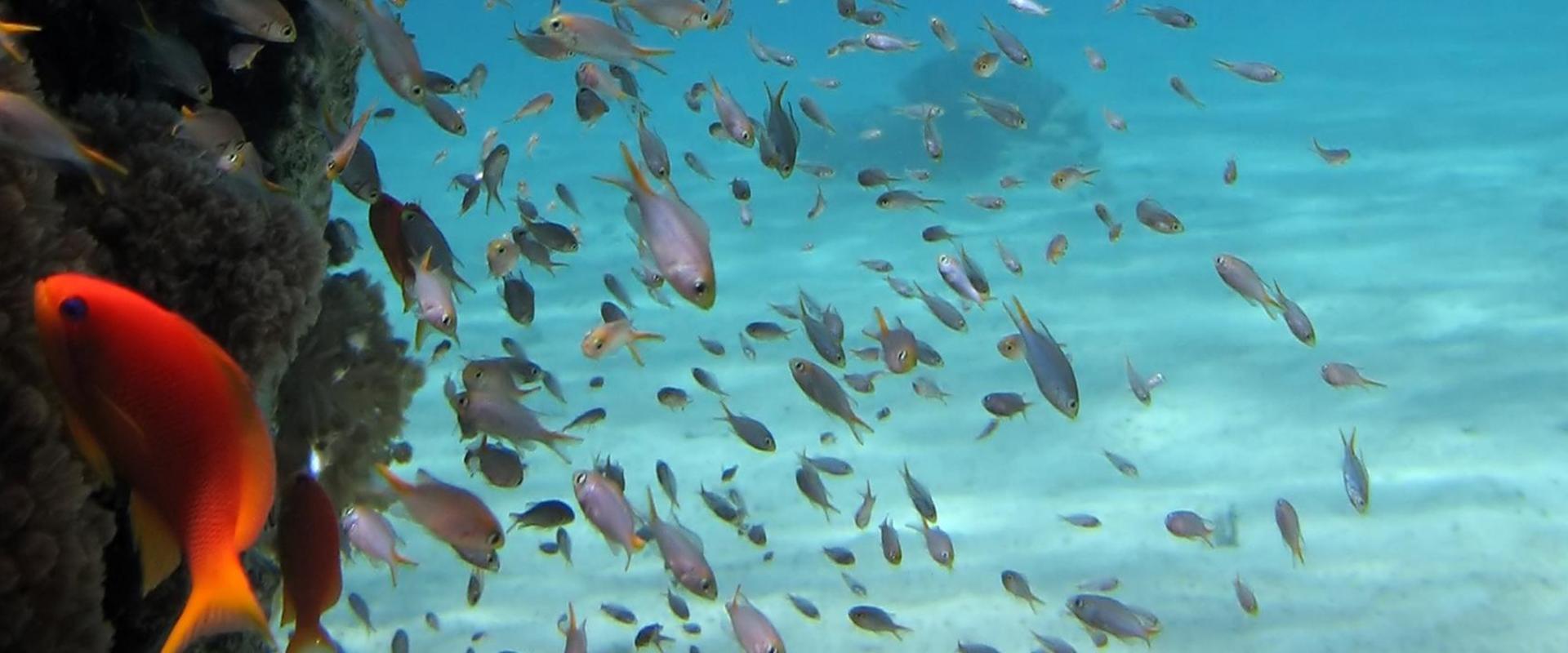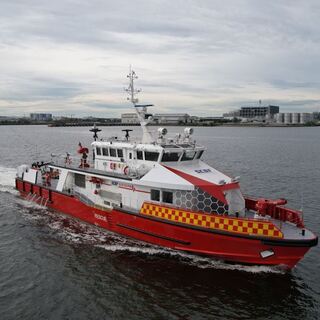
Marine Growth
BMT conducted a review of the management of marine growth during the decommissioning of offshore oil and gas installations on the UKCS for the Oil & Gas UK Ltd Joint Industry Project (JIP) on Decommissioning.
We conducted a review of the management of marine growth during the decommissioning of offshore oil and gas installations on the UKCS for the Oil & Gas UK Ltd Joint Industry Project (JIP) on Decommissioning.
During the decommissioning of offshore structures, marine growth constitutes a waste that has to be managed within the environmental legislative framework and the capabilities and capacity of the decommissioning supply chain.
The study provided an overview of marine growth characteristics on offshore structures in the North Sea, and assessed current practice for marine growth management during the decommissioning process.
The study also highlighted where opportunities may exist for new approaches and technologies.
The team at BMT was able to draw on their experience of marine growth studies and decommissioning projects; this was coupled with the experiences of four decommissioning contractors who operate facilities at which most UK and Norwegian decommissioning projects have taken place.
The methodology currently used by the industry to access marine growth on offshore structure was developed by BMT.
Using their detailed understanding of the characteristics of marine growth on offshore structures, our specialists can:

Blue Dolphin MFV-R, next-generation Marine Fire & Rescue Vessel, designed by BMT and built by Penguin Shipyard International is a 38-metre aluminium mono-hull vessel developed for the Singapore Civil Defence Force (SCDF).

35m Marine Rescue Vessel - NG1037

We were appointed by Vopak Yang Pu, Hainan Storage Terminal to provide consultancy services on all matters relating to the marine facilities for the terminal development.

We have been providing engineering support to Muhibbah Engineering Bhd for the LNG Regasification Facilities Project, commencing from FEED for the LNG regas unit and the Island berth.